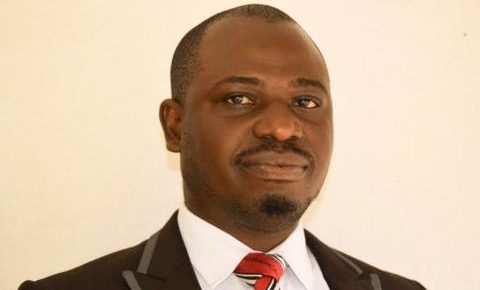By Hassan Osman Kargbo
Member of Parliament Hon. Abdul Kargbo has raised strong concerns about Sierra Leone’s controversial investment visa initiative, warning that it poses serious risks to national security, institutional integrity, and the country’s global reputation.
The initiative, commonly referred to as the “Go for Gold Citizenship by Investment Scheme,” allows foreign nationals to acquire Sierra Leonean residency or citizenship by paying a specified sum of money from their home countries—without going through the traditional vetting processes that typically apply to naturalization or residency applications.
Speaking on the issue, Hon. Kargbo described the program as a direct threat to the sovereignty and long-term interests of the nation. He criticized the lack of transparency and due process involved in its rollout, highlighting that the scheme was introduced without adequate public consultation or parliamentary scrutiny.
“This program opens the door for the indiscriminate sale of our national identity,” he stated. “It bypasses all the established procedures for background checks and due diligence, creating a gateway for potential economic and political exploitation by foreign actors.”
Hon. Kargbo also expressed fears that the program could be abused by individuals with questionable backgrounds or intentions, which could have far-reaching consequences for national security and the credibility of Sierra Leone’s institutions.
While acknowledging the importance of attracting foreign investment to stimulate economic growth, the lawmaker emphasized that such efforts must be grounded in a framework that prioritizes national interest, public accountability, and legal safeguards.
“We are not opposed to investment,” he said. “But investment should not come at the cost of selling our sovereignty or undermining our immigration and national security systems. There must be a balance.”
He further argued that granting citizenship or permanent residency without a thorough vetting process not only weakens the state’s control over who enters and remains in the country but also dilutes the meaning of Sierra Leonean citizenship—a status that should carry responsibilities, loyalty, and commitment to national values.
In light of such concerns, Hon. Kargbo calls on the government to immediately suspend the implementation of the scheme, demanding a comprehensive review of the program involving Parliament, civil society organizations, legal experts, and the country’s security apparatus.
“Such a significant policy decision should not be taken behind closed doors,” he warned. “It must go through the proper legislative channels and be subjected to rigorous national dialogue. We cannot afford to mortgage our national identity for short-term financial gain.”
The “Go for Gold” initiative has generated debate in political and civic circles since reports first emerged about its existence. Critics argue that it reflects a broader trend of governance decisions being made without adequate oversight or public engagement.
Supporters of the program, however, claim that it offers a creative way to attract foreign capital and boost the economy, particularly at a time when traditional investment streams remain limited.
Nonetheless, Hon. Kargbo’s public intervention has intensified pressure on the government to clarify the scope, terms, and oversight mechanisms of the initiative. With growing calls for accountability and transparency, the future of the investment visa scheme may soon depend on broader political consensus and public opinion.
As the conversation continues, many Sierra Leoneans are watching closely to see whether the government will respond to the concerns raised and engage more openly on the matter.










